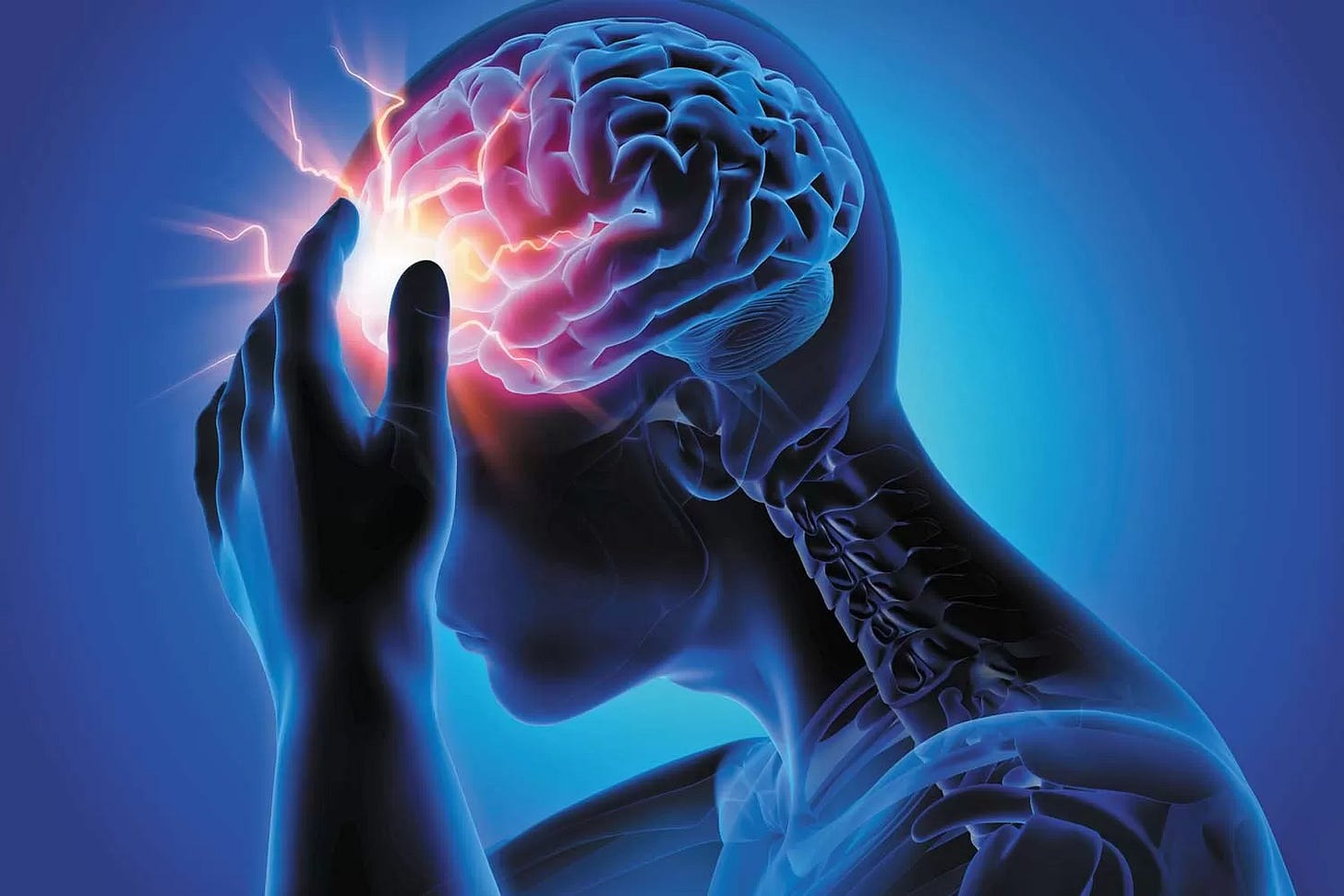Traumatic Brain Injury (TBI)
Written by Lahari Chebrolu
Traumatic brain injury is a problem that is mainly caused from accidents to the head or body. This may include a harsh blow or hit, or a sharp item that enters the tissue in the brain. Mild injuries possibly impact the cells in the brain for a short period of time, whereas serious injuries cause physical damage, permanently. Several thousands of people are affected by TBI each year, and it is one of the leading causes of death.
The major accidents that result in TBI are falls, vehicle collisions, violence, sports injuries, and blasts. It is mostly in toddlers, children, young adults, adults above 60, and males. If present in children, it could affect their brain development, behavior, and learning.
Symptoms of the injury usually appear shortly after the accident or within a few days or weeks. Mild brain injuries include physical symptoms such as headaches, nausea, fatigue, and dizziness. Sensory-related symptoms include blurry vision and ringing ears, and mental symptoms include mood changes, depression, memory problems, and loss of consciousness.
To prevent the risks of TBI, precautions can be taken such as wearing a seat belt, limiting drug use and paying attention when driving, and wearing a helmet when needed.
References
https://www.mayoclinic.org/diseases-conditions/traumatic-brain-injury/symptoms-causes/syc-20378557
https://www.cdc.gov/traumatic-brain-injury/data-research/facts-stats/index.html
Written by Lahari Chebrolu from MEDILOQUY


